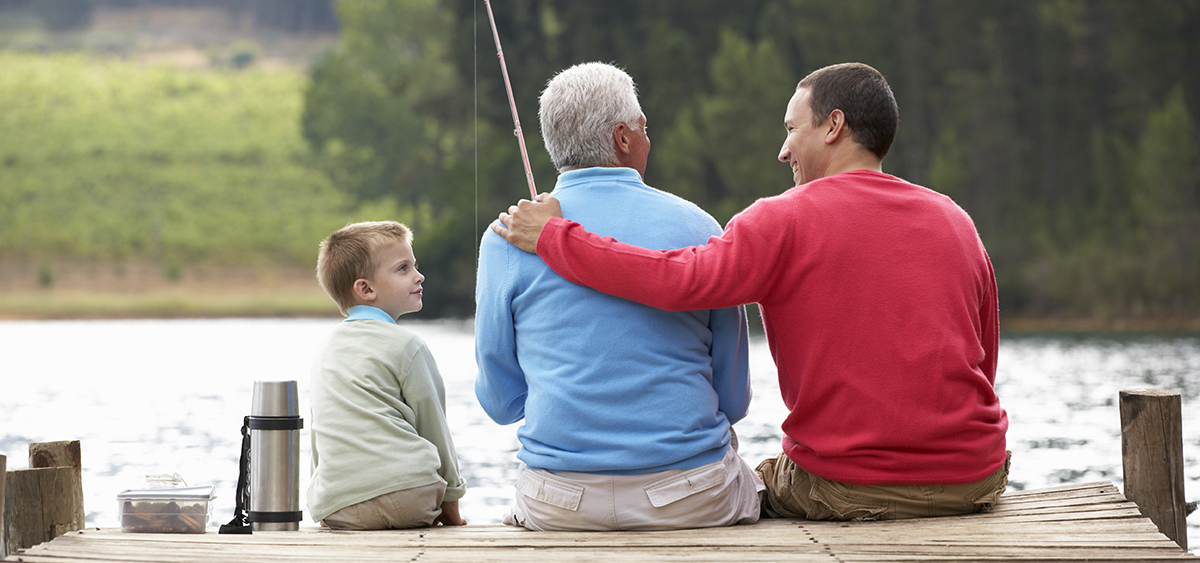If an Indigenous person dies without a will while living in a community (“reserve”), the person’s family doesn’t decide who gets the property. It’s the Indian Act that says who will inherit.


|
Important! The rules explained in this article apply to wills and estates of Indigenous people who
Indigenous people who don’t live in an Indigenous community should refer to the Civil Code of Québec instead of the Indian Act. You can read our articles in our Wills and Estates section to learn more. If you are an administrator and there is no will, it’s a good idea to see a lawyer or notary. |
Who Inherits?
This depends on whether the person who died had a spouse or was living with a common-law partner for at least a year.
Common law means making a life together without being married. In order to inherit, a common-law partner must have been living with the person who died for at least one year before the death.
Spouse or common-law partner
Who gets the property depends on the value of the estate.
The estate includes cash, investments, retirement benefits, furniture, land, etc. The debts are subtracted from this amount. The person settling the estate determines the value of the property and debts.
The estate is worth $75,000 or less
Everything goes to the spouse or common-law partner who had been living for at least a year with the person who died.
The estate is worth more than $75,000
No children
One child
Two or more children
Everything goes to the spouse or common-law partner.
- $75,000 goes to the spouse or common-law partner.
The rest of the estate is divided this way:
- 1/2 to the spouse or common-law partner
- 1/2 to the child
- $75,000 goes to the spouse or common-law partner.
The rest of the estate is divided this way:
- 1/3 to the spouse or common-law partner
- 2/3 distributed equally among the children
|
Note: The spouse, or common-law partner who had been living for at least a year with the person who died, has special rights to the family home and to certain land in the community (“reserve”). Read our article Rights of a Spouse or Partner to the Home and Land After a Death to learn more. |
No spouse or common-law partner
If there are children, everything is divided equally among them.
If there are no children, everything goes to the parents.
If there are no children or living parents, everything goes to the brothers and sisters. If a brother or sister has already died, his or her share goes to the children of the dead brother or sister (the nieces and nephews of the person who died).
If there are no children, parents, brothers or sisters, any land in the community (“reserve”) goes to the Band. Everything else is divided among the closest relatives (cousins, aunts, etc.).
A Few Details
Children
If a person dies without a will and had children with more than one person, all the children– biological, adopted and step-children–can inherit.
The share of any children who are not alive when the person dies goes to their own children, that is, the grandchildren of the person who died.
Houses and land in a community (“reserve”)
People who aren’t band members can’t directly inherit land or a house in a community (“reserve”). Read our article Inheriting Land or a House in an Indigenous Community to learn more.
First steps for family members and close friends
Family members and close friends must do some things after a person dies, such as organizing the funeral and settling the person’s affairs.







